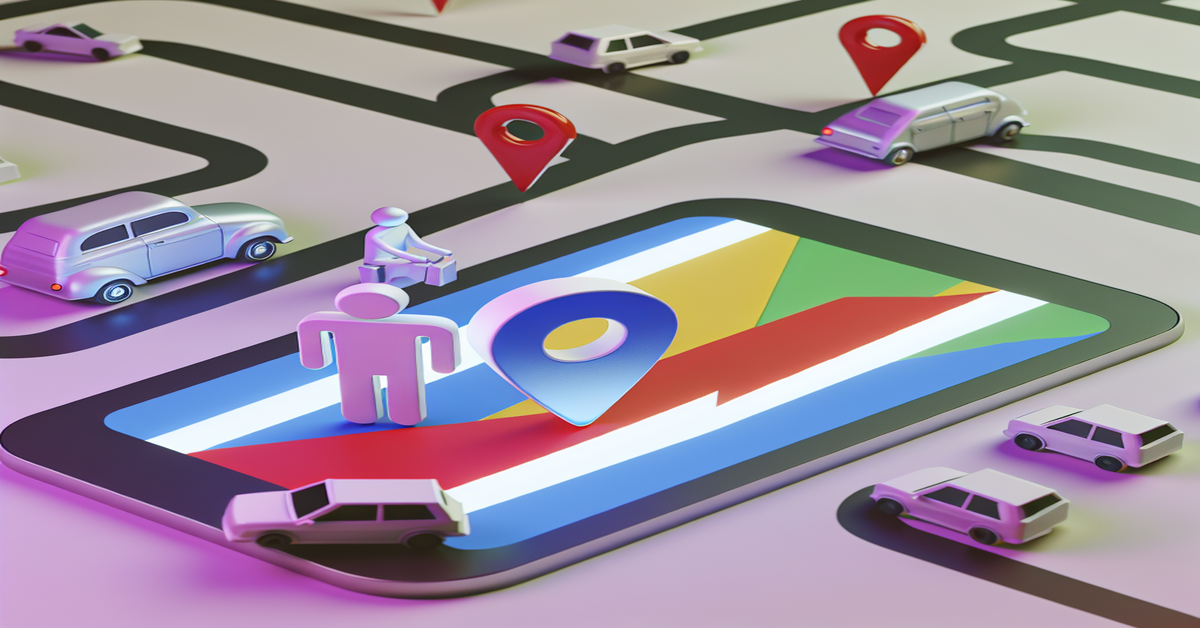The One Feature Google Maps Needs to Win Over Waze Users
As an industry expert in navigation technology, I’ve closely followed the evolution of popular apps like Google Maps and Waze. While both apps offer valuable features for drivers, there’s one key difference that keeps many users, including myself, loyal to Waze: real-time traffic reporting. If Google Maps were to incorporate this feature, it could be a game-changer for the navigation app industry.
The Power of Real-Time Reporting
Waze has built a dedicated user base thanks to its robust system for real-time user reporting of traffic incidents, road closures, and police presence. This feature allows drivers to stay informed about the latest road conditions, helping them make informed decisions about their routes and potentially saving valuable time.
In contrast, Google Maps currently lacks a similar real-time reporting system. While the app does provide traffic information, it often feels less accurate and timely compared to Waze. This limitation has led many users, myself included, to stick with Waze despite the other advantages Google Maps may offer.
The Potential for Integration
One of the most exciting aspects of this situation is that Google actually owns both Google Maps and Waze. This means that integrating Waze’s real-time reporting features into Google Maps is a realistic possibility. By leveraging the strengths of both apps, Google could create a navigation tool that truly outshines the competition.
Imagine a version of Google Maps that not only offers its current features – such as detailed maps, street view, and local business information – but also incorporates Waze’s real-time incident reporting. Users would have access to the most comprehensive and up-to-date information available, making their driving experience safer and more efficient.
Encouraging User Engagement
Of course, the success of real-time reporting relies heavily on user participation. Waze has cultivated a highly engaged user base that actively contributes to the app’s information pool. To replicate this success, Google Maps would need to find ways to incentivize users to report incidents and share valuable data.
One potential strategy could be to offer rewards or gamification elements for users who consistently contribute accurate reports. By making the reporting process engaging and rewarding, Google Maps could quickly build a network of dedicated users who help keep the app’s information fresh and reliable.
The Future of Navigation Apps
As navigation apps continue to evolve, the importance of real-time information will only grow. Users increasingly expect their apps to provide not just directions, but also timely insights into road conditions and potential obstacles. The app that can deliver this information most effectively will likely emerge as the leader in the industry.
By integrating Waze’s real-time reporting features, Google Maps has the potential to set a new standard for navigation apps. This move could attract a wave of new users and solidify Google’s position as the go-to source for navigation and local information.
A Call to Action
As a dedicated Waze user, I’m eager to see how Google Maps evolves in the coming months and years. If the app can successfully incorporate real-time reporting, it could be the catalyst that finally convinces me – and countless others – to make the switch.
To my fellow navigation app enthusiasts, I encourage you to share your thoughts on this topic. What features do you value most in a navigation app? Would the addition of real-time reporting be enough to sway your loyalty from Waze to Google Maps? By engaging in these discussions, we can help shape the future of the industry and push for the innovations that matter most to us as users.
#GoogleMaps #Waze #NavigationApps
-> Original article and inspiration provided by AutoEvolution
-> Connect with one of our AI Strategists today at ReviewAgent.ai


